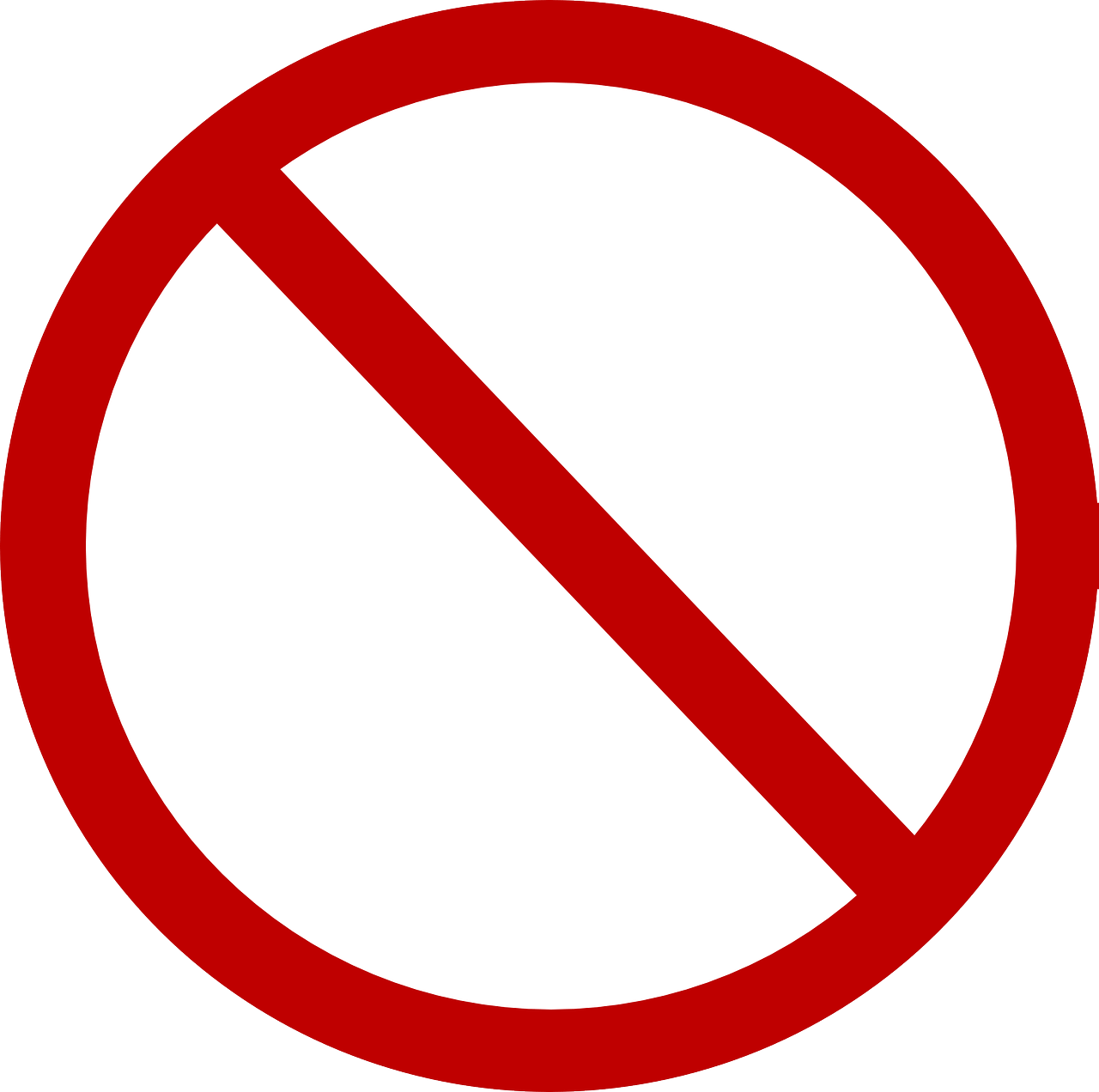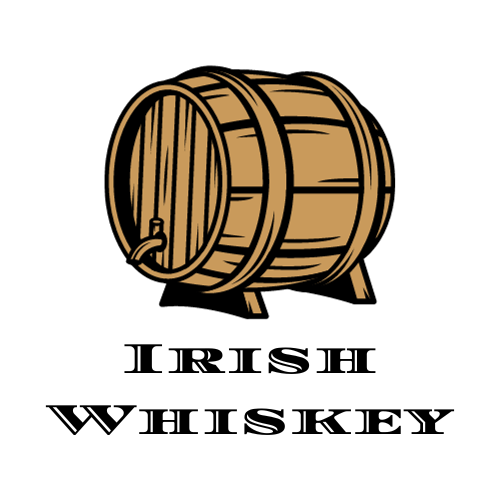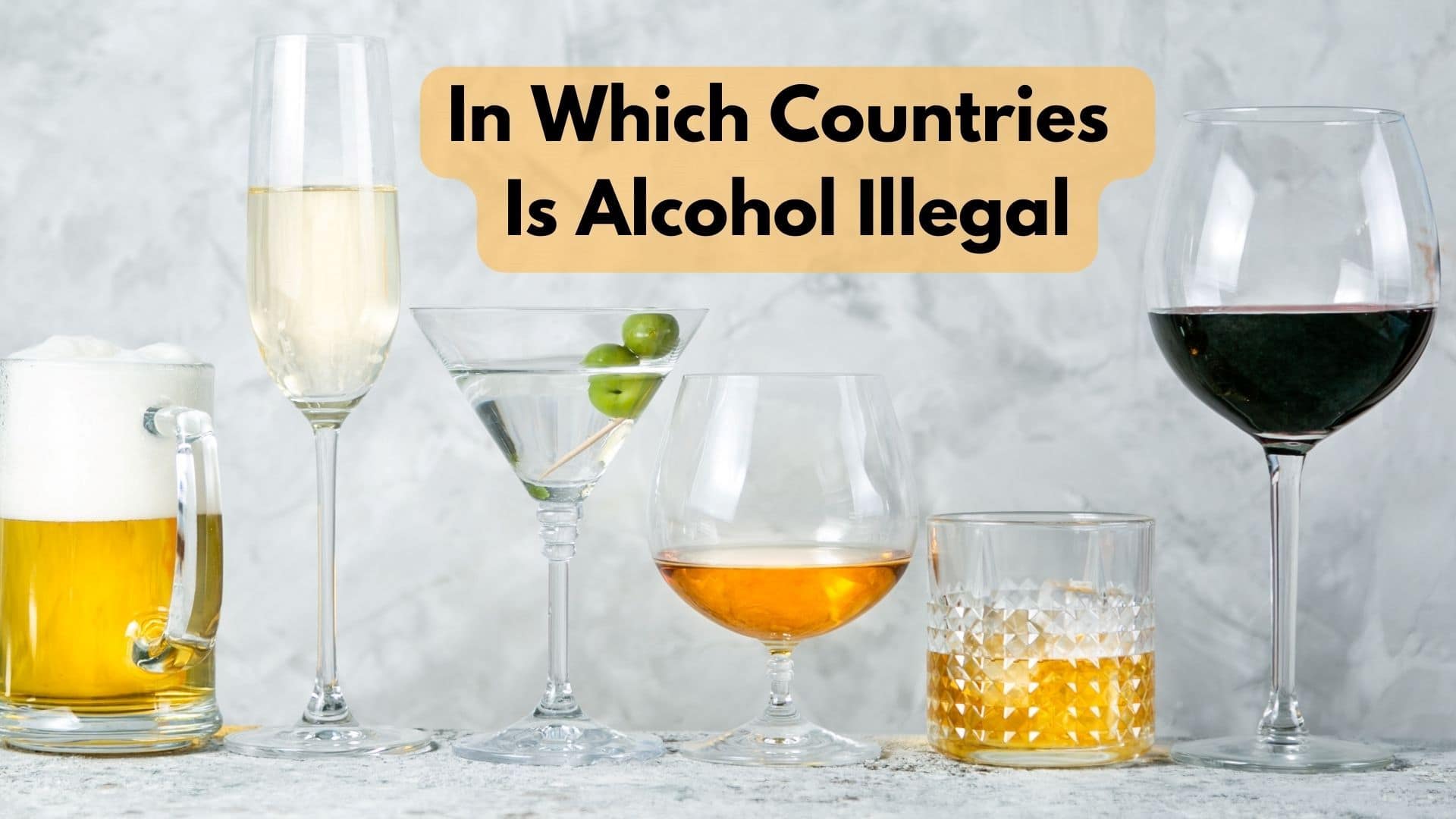Did you know that in some countries around the world, alcohol is completely illegal? While it may be surprising to hear, there are indeed places where the sale, possession, and consumption of alcohol are prohibited by law. In this article, we will explore which countries have outlawed alcohol and the reasons behind these strict regulations.
From Middle Eastern nations to tiny island nations in the Pacific, discover the surprising places where alcohol is off-limits. Get ready to expand your knowledge and learn about the diverse attitudes towards alcohol around the globe.
Alcohol Prohibition
The history of alcohol prohibition
Alcohol prohibition has a long and intriguing history that spans across different cultures and time periods. The concept of banning the production, sale, and consumption of alcohol has been implemented in various ways and for a variety of reasons throughout history. Some of the earliest records of alcohol prohibition can be traced back to ancient civilizations such as Mesopotamia and Egypt. These ancient societies recognized the potential negative effects of alcohol and sought to regulate its consumption.
One of the most notable examples of alcohol prohibition occurred in the United States during the 1920s, known as the Prohibition era. This period was characterized by the nationwide ban on the production, importation, and sale of alcoholic beverages. The motivation behind the Prohibition era was primarily driven by concerns over public health, morality, and social issues associated with alcohol consumption. The unintended consequences of this prohibition, however, led to the rise of organized crime and the illegal production and distribution of alcohol.

Reasons for alcohol prohibition
There are several reasons why countries have historically implemented alcohol prohibition. One of the main reasons is the belief that alcohol consumption leads to social and moral degradation. Some societies view alcohol as a catalyst for immoral behavior, violence, and family breakdowns. Proponents of alcohol prohibition argue that banning its consumption is an effective way to maintain moral values and social order.
Another reason for alcohol prohibition is the concern for public health. Excessive alcohol consumption has been linked to various health issues, including liver disease, addiction, and mental health problems. Governments may implement prohibition policies as a means of protecting public health and reducing the economic burden associated with alcohol-related healthcare costs.
Religious and cultural beliefs also play a significant role in alcohol prohibition. In countries where religion holds great influence, such as those with Islamic or Hindu traditions, the consumption of alcohol may be strictly prohibited in accordance with religious teachings. Cultural norms and values may also contribute to the prohibition of alcohol in certain societies.
Consequences of alcohol prohibition
Alcohol prohibition can have both positive and negative consequences, depending on the context and implementation. On the positive side, alcohol prohibition may contribute to a decrease in alcohol-related crimes and social problems. It can also lead to a reduction in alcohol-related health issues, particularly if the government implements robust public health campaigns and support systems for those struggling with alcohol addiction.
However, alcohol prohibition can also have unintended negative consequences. History has shown that strict prohibitions often lead to the rise of black markets and illicit activities. Organized crime may flourish as criminal networks take advantage of the demand for alcohol and engage in illegal production, smuggling, and distribution. These underground activities can lead to increased violence, corruption, and the cultivation of dangerous counterfeit alcohol.
From an economic perspective, alcohol prohibition can have a significant impact on government revenue. Taxes on alcohol sales can contribute to national budgets, and the loss of that revenue can create financial strain. Additionally, the tourism industry may suffer if alcohol consumption is strictly prohibited, as travelers often enjoy experiencing local beverages as part of their cultural exploration.
Countries with Complete Alcohol Prohibition
Afghanistan
Alcohol prohibition in Afghanistan is primarily enforced and influenced by Islamic law. As a predominately Muslim country, alcohol consumption is strictly prohibit for Muslims, while foreigners and non-Muslim residents can only purchase alcohol from licensed shops with special permits. The penalties for violating alcohol prohibition can range from fines to imprisonment, depending on the severity of the offense.
Iran
Iran is another country where alcohol prohibition is enforced in accordance with Islamic law. The production, sale, and consumption of alcoholic beverages are strictly forbidden. However, it is important to note that despite the strict laws, there is a significant prevalence of illegal alcohol consumption and the production of homemade alcoholic beverages.
Kuwait
Kuwait, following Islamic teachings, also prohibits the consumption, production, and sale of alcohol. The country has strict regulations and penalties in place for those caught violating the prohibition. Non-Muslim expatriates and visitors may be able to obtain alcohol from licensed establishments, typically located within international hotels.
Libya
In Libya, alcohol prohibition is primarily enforced due to the country’s interpretation of Islamic law. The importation, sale, and consumption of alcohol are strictly prohibited. Violations can result in fines and imprisonment. It is essential to adhere to these laws while in Libya to avoid legal complications.
Mauritania
Mauritania, like many other predominantly Muslim countries, enforces alcohol prohibition based on Islamic law. The production, distribution, and consumption of alcoholic beverages are strictly forbidden. Violations can lead to severe penalties, including fines and imprisonment.
Saudi Arabia
Saudi Arabia is widely known for its strict enforcement of alcohol prohibition. The country adheres to a conservative interpretation of Islamic law, which prohibits the consumption, production, and sale of alcohol. The possession of alcohol or being under the influence can result in serious legal consequences, including fines, imprisonment, and even deportation for non-citizens.
Sudan
Sudan, a predominantly Muslim country, implements alcohol prohibition in adherence to Islamic teachings. The production, sale, and consumption of alcohol are strictly banned. It is crucial to respect these laws while in Sudan to avoid legal complications and penalties.
Also Check: How Can You Make Homemade Alcohol?
United Arab Emirates
In the United Arab Emirates (UAE), alcohol prohibition is selectively enforce. While the consumption and possession of alcohol are legal for non-Muslims, strict regulations govern its sale and distribution. Alcohol can only be purchase from licensed venues such as hotels, bars, and designated stores. It is important to be aware of the restrictions and laws surrounding alcohol while in the UAE.
Yemen
Yemen, influenced by Islamic law, also prohibits the consumption and sale of alcohol. The penalties for violating alcohol prohibition can include fines, imprisonment, and even corporal punishment. It is crucial to respect these laws and customs while in Yemen to avoid legal complications and ensure personal safety.

This image is property of pixabay.com.
Countries with Partial Alcohol Prohibition
Bangladesh
Bangladesh implements partial alcohol prohibition, with the legal drinking age set at 21 years old. While alcohol is legally available for purchase, there are restrictions on its sale and consumption. Licensed establishments, such as hotels and clubs, are authorized to sell alcohol, but it is prohibited in public places and certain residential areas.
Brunei
Brunei, as an Islamic country, practices partial alcohol prohibition. The sale and consumption of alcohol are strictly regulating and limited to authorized establishments. Non-Muslim residents and visitors can obtain alcohol from licensed vendors, such as hotels, but it is crucial to be aware of the cultural sensitivities surrounding alcohol consumption in Brunei.
India
India, a diverse country with a range of cultural and religious practices, has varying degrees of alcohol prohibition. While alcohol is legally available and regulated in most states, some states implement restrictions on its sale, consumption, or production. These variations reflect the influence of religious beliefs, social dynamics, and state-level policies.
Indonesia
Indonesia, with its predominantly Muslim population, enforces partial alcohol prohibition. The availability and consumption of alcohol are restricted, particularly in regions with strong Islamic influence. Religious and cultural factors heavily influence regulations, and it is crucial to be aware of local customs and laws regarding alcohol consumption.
Maldives
The Maldives, a popular tourist destination, practices partial alcohol prohibition. While alcohol is available in licensed resorts and tourist establishments, it is strictly prohibited for local Maldivians. Non-Muslim tourists can consume alcohol within designated areas, but it is important to be respectful of local customs and adhere to regulations when visiting the country.
Pakistan
Pakistan enforces partial alcohol prohibition, mainly due to its predominantly Muslim population. Authorities actively regulate and restrict the production and sale of alcohol, resulting in limited availability and distribution. The possession and consumption of alcohol are also subject to legal strict scrutiny and can carry severe penalties.
Countries with Localized Alcohol Prohibition
Bahrain
Bahrain, a predominantly Muslim country, implements localized alcohol prohibition. It is important to actively be aware of the regulations and cultural sensitivities surrounding the consumption of alcohol, even in licensed venues like hotels and private clubs where it is available. Authorities actively prohibit the consumption of alcohol in public places.
Qatar
Qatar practices localized alcohol prohibition, adhering to Islamic law and cultural norms. Licensed venues like hotels and clubs actively serve alcohol to non-Muslims, but they must adhere to strict regulations governing its consumption. It is essential to respect local customs and adhere to the designated areas for alcohol consumption.
United States
Alcohol prohibition in the United States is a historical example of localized prohibition. The government actively enforced a national ban on the production, importation, and sale of alcoholic beverages during the Prohibition era. However, individual states had the authority to enforce or disregard this federal law. This period in U.S. history, spanning from 1920 to 1933, had significant social and economic implications, eventually leading to its repeal.

Conclusion
The impact of alcohol prohibition varies depending on cultural, religious, and social contexts, and it is important for societies to consider a comprehensive approach that addresses the underlying causes of alcohol-related issues while taking into account potential consequences and individual freedoms.


